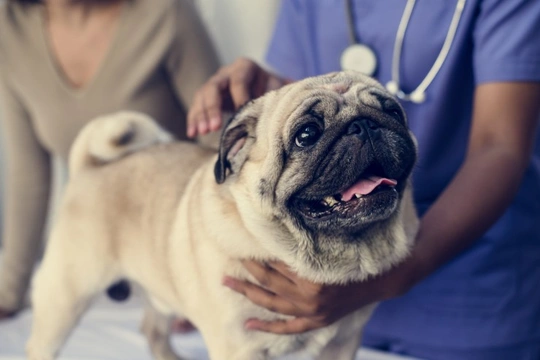
Why Regular Health Checks Are Vital for Your Pet’s Wellbeing
Pets need regular health checks to maintain their wellbeing and catch health issues early. Discover why 6-monthly health MOTs are recommended by UK vets in 2025, how they help your pet live a longer, happier life, and what to expect during these visits.
Understanding the Importance of Regular Pet Health Checks
While your pet receives a health check during annual vaccinations, this alone may not be sufficient. UK veterinary experts in 2025 recommend health checks twice a year for most adult pets to detect subtle changes that owners might overlook.
Health checks provide a thorough top-to-tail examination, including weighing, coat and skin inspection, dental health assessment, and vital signs monitoring. The vet also asks about any behavioural or physical changes you've noticed, such as diet, toileting habits, mood, or sleep patterns.
Regular checks enable early diagnosis of common ailments like arthritis, dental disease, thyroid problems, skin conditions, and cognitive dysfunction syndrome, significantly improving treatment outcomes.
What Changes in Your Pet’s Health Warrant Further Investigation?
Pet owners and vets should be alert to certain signs prompting more detailed health investigations:
- An increased appetite: may hint at thyroid disorders.
- Changes in toileting: unusually frequent or scarce urination or defecation can signal infections, diabetes, or bladder issues.
- Altered sleeping patterns: could be an early sign of cognitive dysfunction syndrome.
- Mood changes: might reflect pain or underlying health problems.
- Lumps and bumps: some are harmless like lipomas, but others require vet assessment to rule out cancer.
- Skin and coat alterations: could indicate allergies, parasites, or other dermatological issues.
Addressing Concerns About Vet Costs and Pet Health Plans
Many pet owners wonder if regular health checks are a way for vets to increase fees. In reality, UK veterinary professionals prioritise animal health above all. Pet health plans offered by many practices spread the cost of routine care, making budgeting easier and encouraging consistent visits.
These plans typically cover vaccinations, health checks, flea and worm treatments, and may include discounts on medications. This approach supports preventive care, helping avoid costly emergency treatments by catching problems early.
What Happens if a Health Issue is Found During a Check?
If the vet identifies a problem, further diagnostics may be necessary. These can include blood tests, x-rays, urine and stool analyses, ultrasound, skin scrapings, biopsies, or MRI scans, depending on the nature of the concern.
Early detection through health checks often means conditions are easier to manage or cure. Prompt intervention improves your pet’s quality of life and can reduce treatment costs over time.
How Often Should You Take Your Pet for a Health Check?
Most UK vets recommend adult pets have a health check approximately every six months. This schedule often fits conveniently around annual vaccination appointments and prescription renewals for parasite preventatives.
Seniors or pets with ongoing conditions may require more frequent visits to monitor their health closely. For example, overweight pets could benefit from regular weigh-ins to support a safe and effective weight management plan, often overseen by veterinary nurses free of charge.
Remember, if you notice any unusual signs or behaviour changes in your pet, do not wait for the routine check-up. Early vet consultations can prevent minor issues becoming serious health problems.
By embracing regular health checks, you are investing in your pet's long-term health, comfort, and happiness. Partners like reputable breeders and veterinary teams advocate this care for the best quality of life for all pets.



